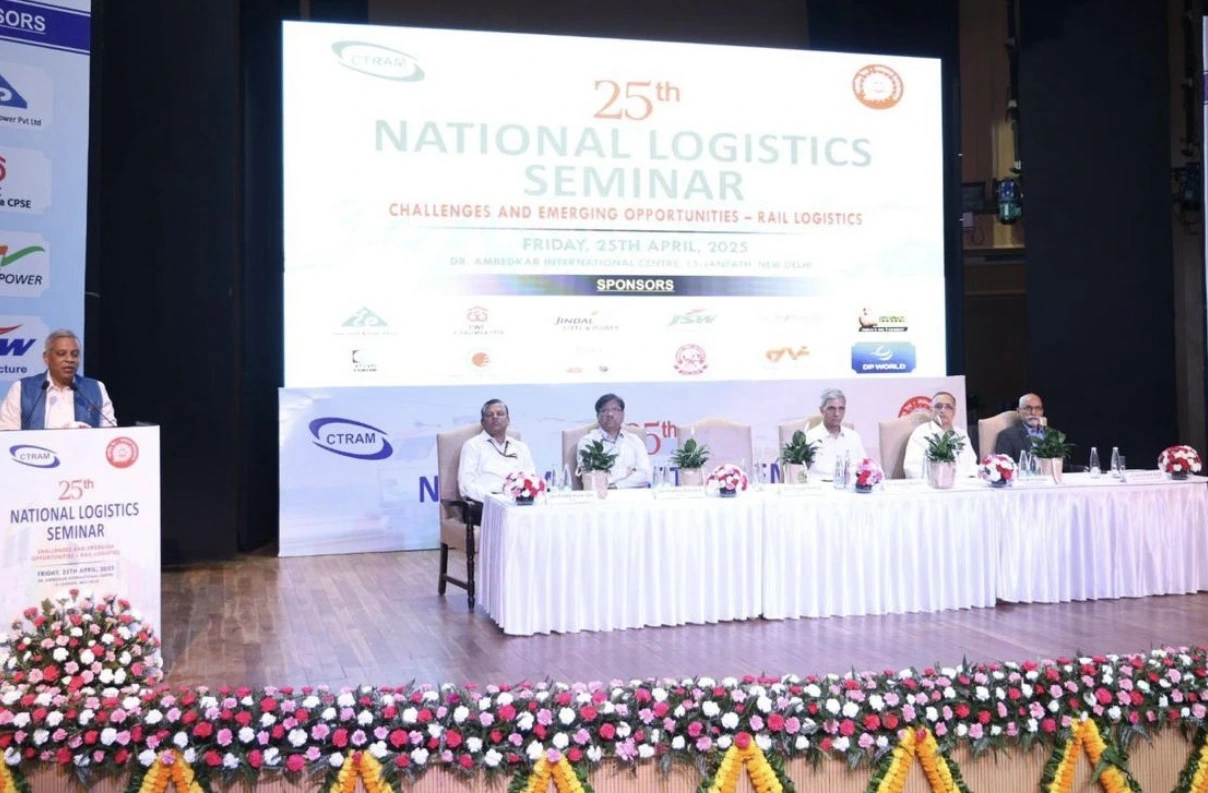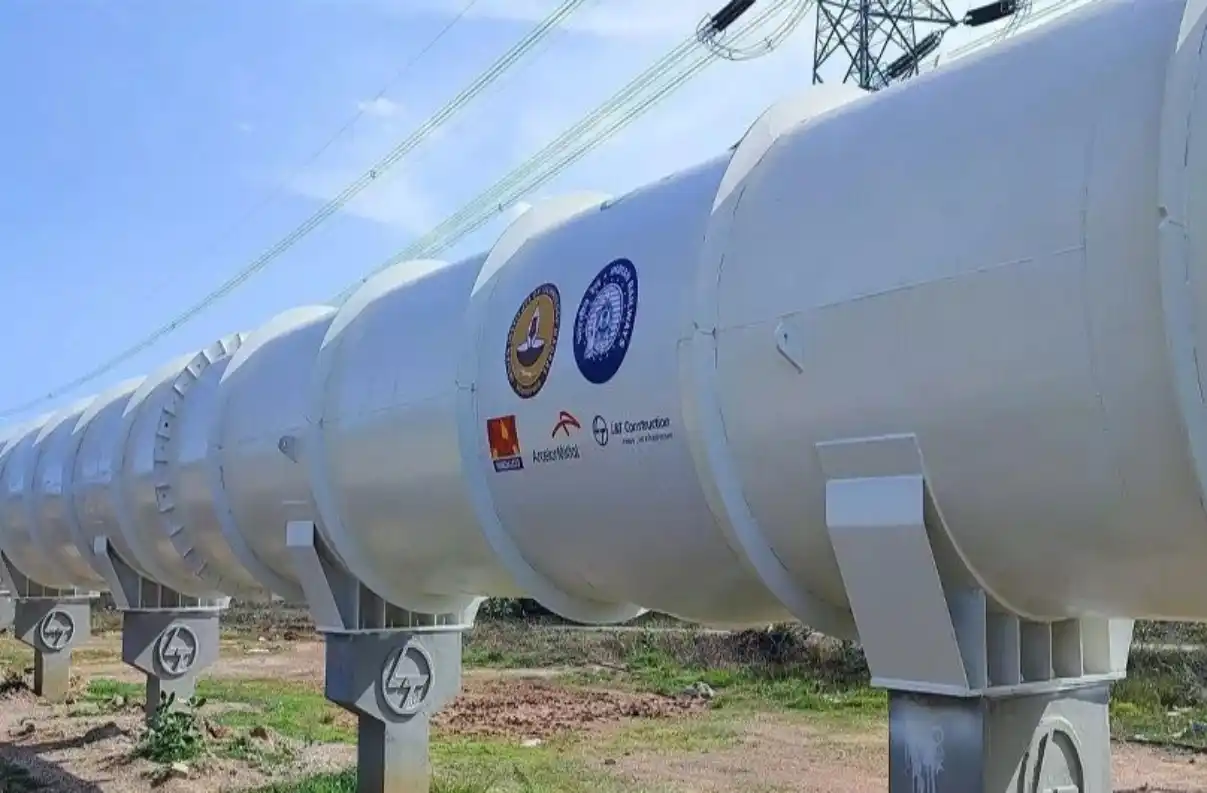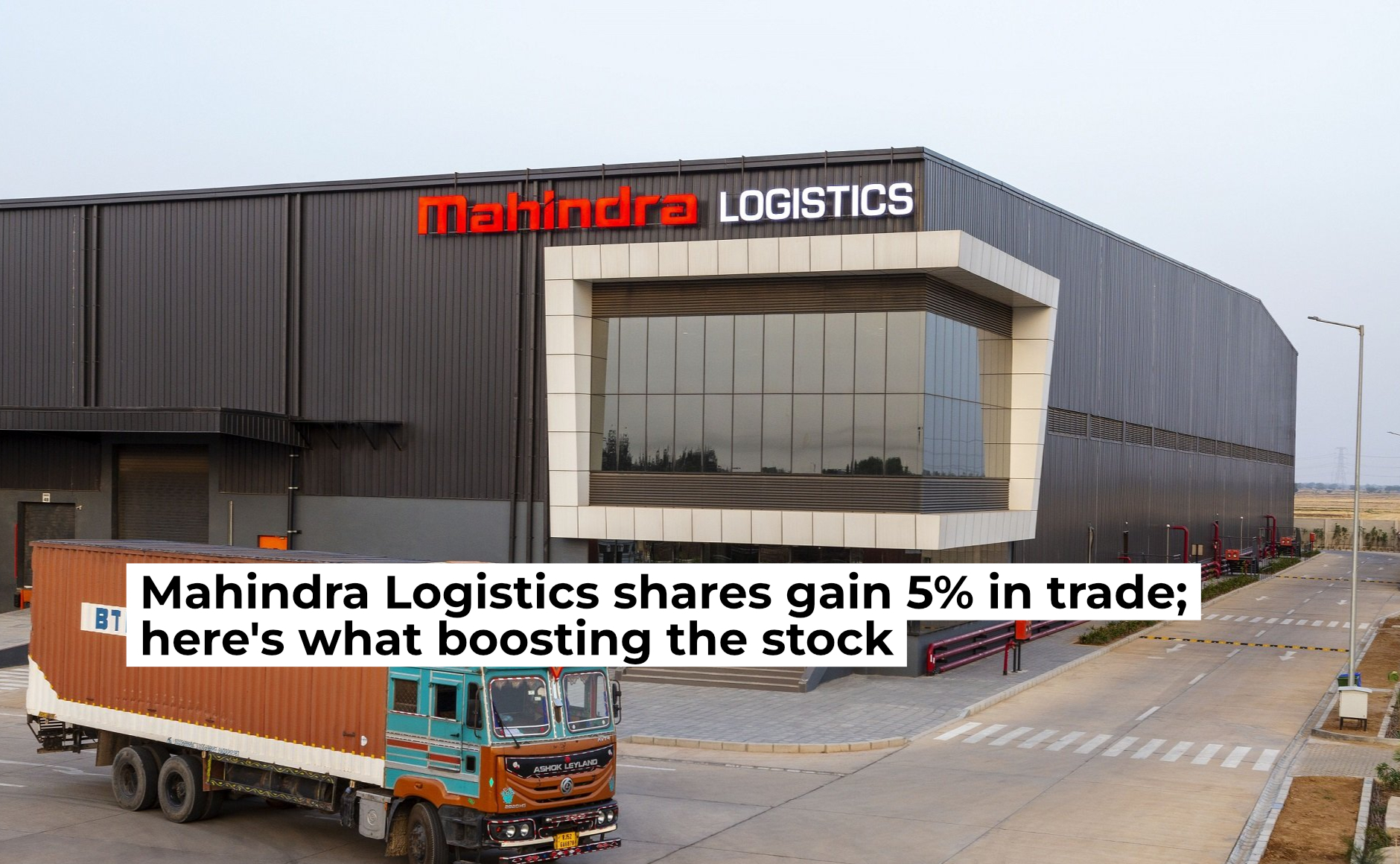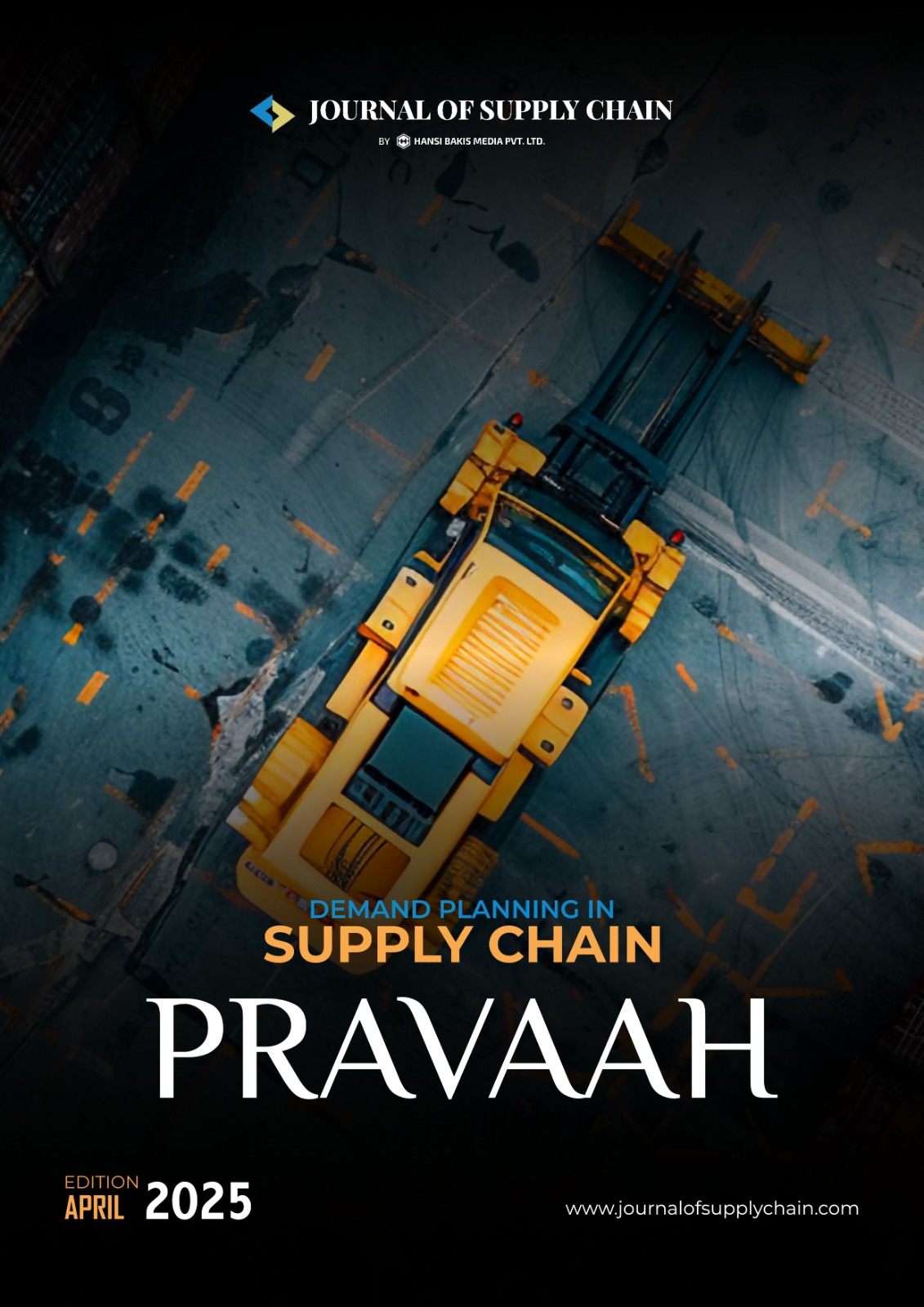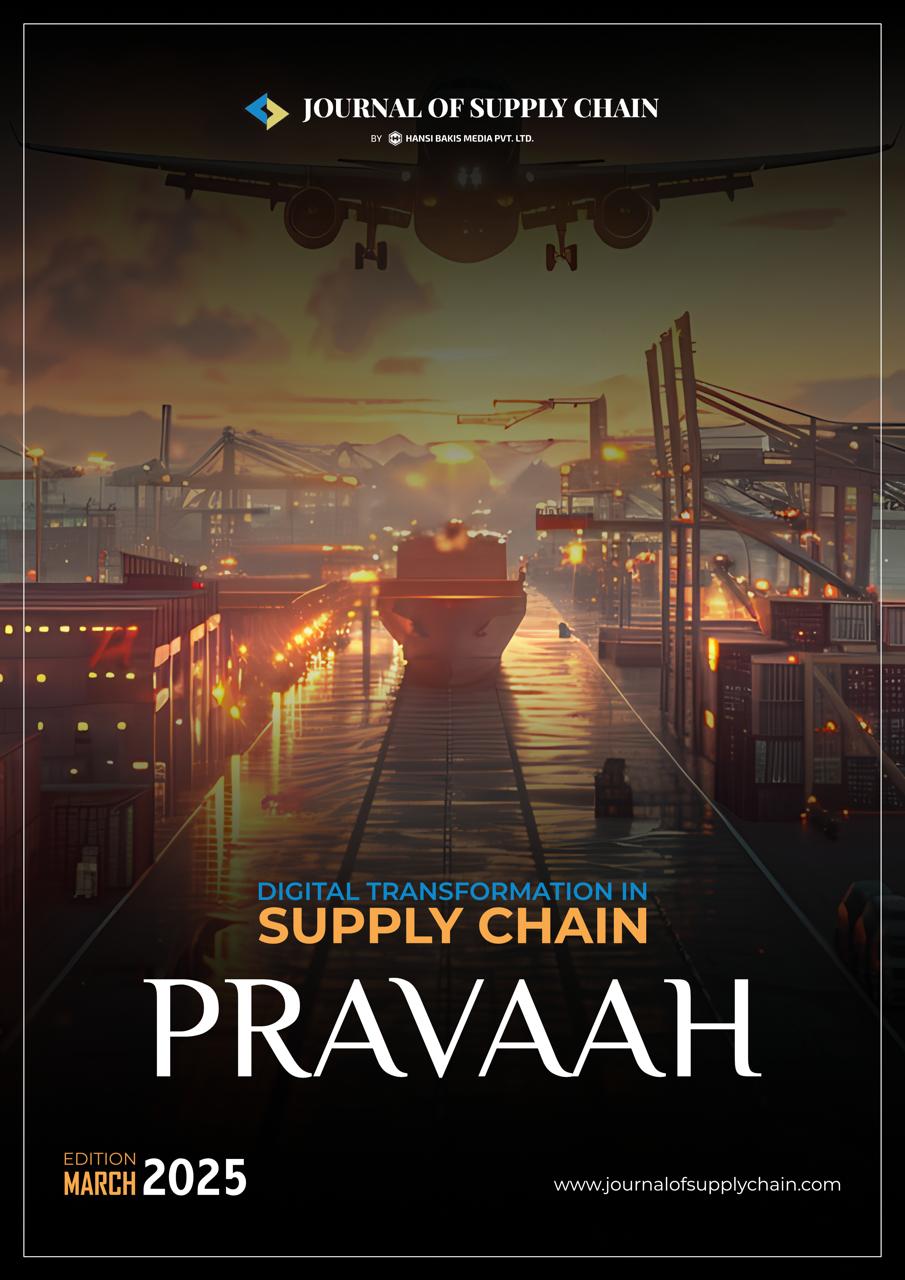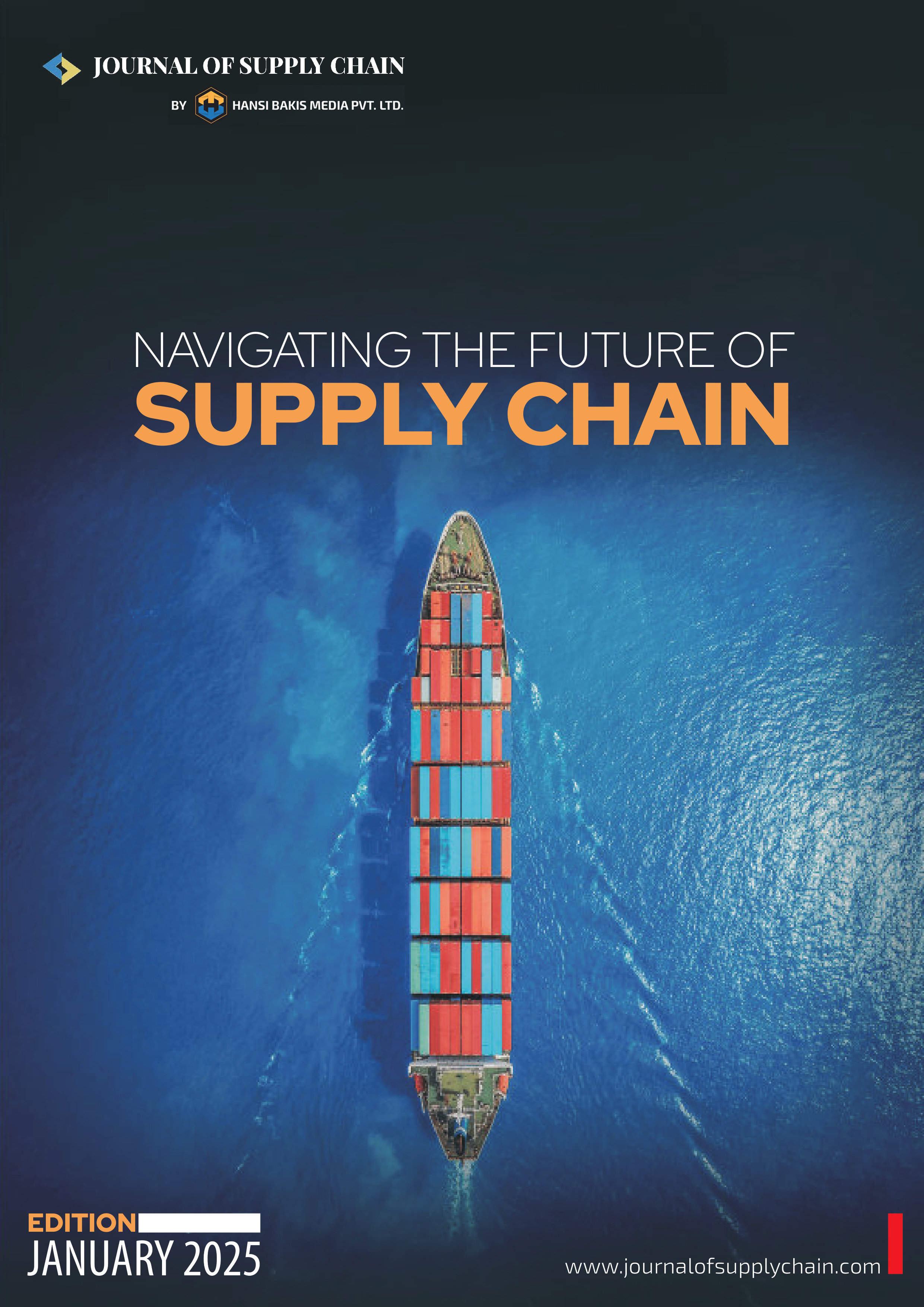Article
The Multiple Benefits of a Smart, Formalized Knowledge Management System in Supply Chain
 Anamika Mishra
[Sub Editor]
Anamika Mishra
[Sub Editor]

In the fast-paced and complex world of supply chain management, knowledge is power. A smart, formalized knowledge management system (KMS) can be the key to unlocking higher efficiency, better collaboration, and sustained innovation. By systematically capturing, organizing, and leveraging critical data, businesses can optimize their operations, improve decision-making, and remain competitive in an ever-evolving market. 1. Improved Efficiency and Decision-Making One of the most significant advantages of a formalized KMS in the supply chain is improved efficiency. Supply chain operations involve intricate processes, including procurement, manufacturing, logistics, and demand planning. A robust KMS ensures that critical information is readily available to all stakeholders, eliminating delays caused by missing or fragmented data. With real-time access to insights, teams can make informed decisions faster. For instance, by analyzing historical demand data and supplier performance, companies can better forecast demand and reduce excess inventory, resulting in cost savings and minimized waste. 2. Enhanced Collaboration Across Teams Supply chains often span multiple departments, regions, and even countries. A knowledge management system fosters seamless collaboration by providing a centralized platform for sharing information. When everyone has access to the
The only supply chain registration you need
Unrivaled context behind every news and article for free.

 Anamika Mishra
Anamika Mishra 



